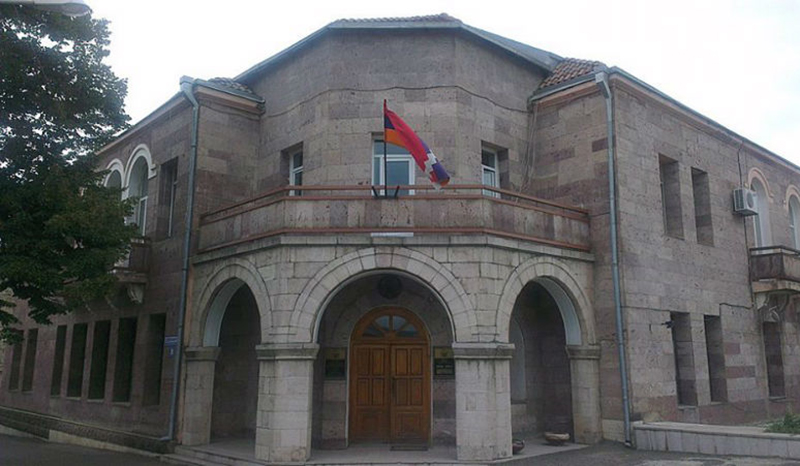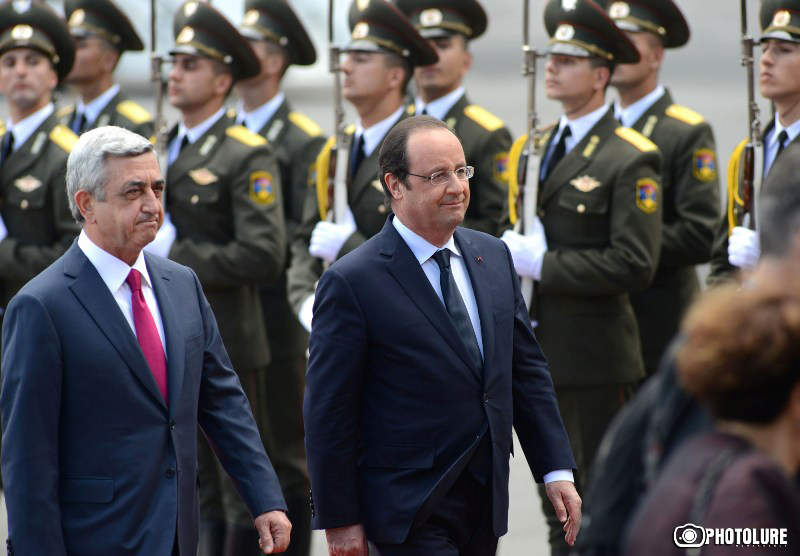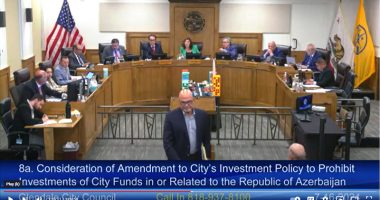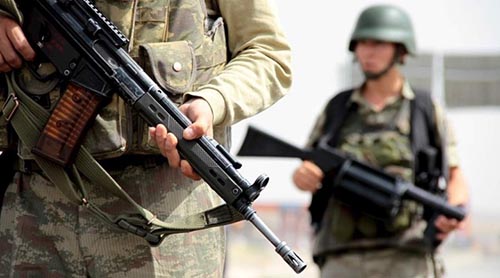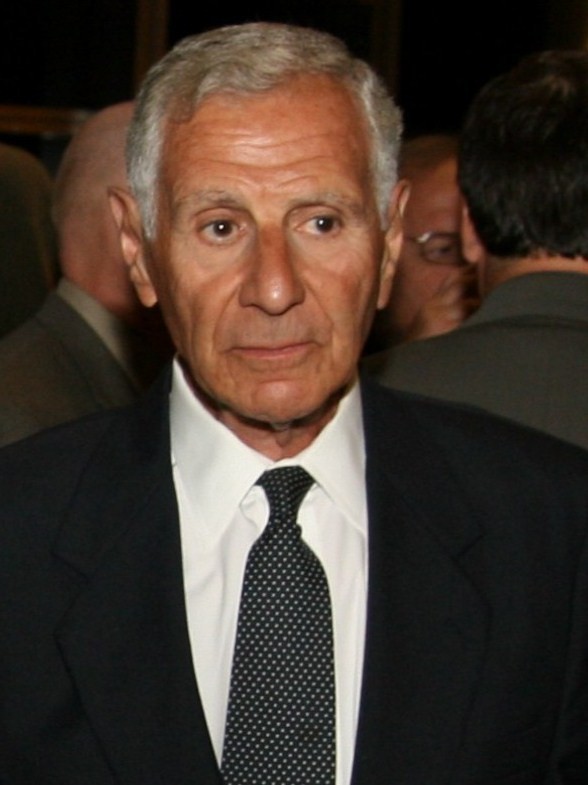The Ministry of Foreign Affairs of the Nagorno-Karabakh Repiblic (NKR) has issued a statement on the 20th anniversary of the ceasefire agreement.
The statement reads:
Today marks 20 years of the ceasefire agreement in the Azerbaijani -Karabakh conflict zone signed by the Nagorno Karabakh Republic, the Republic of Azerbaijan and the Republic of Armenia with the mediation of the Russian Federation. The agreement, which became the only real achievement in the Azerbaijani-Karabakh conflict settlement process put an end to large-scale hostilities and thus laid the foundations for peace talks as well as created conditions for the activities of mediators to find a just and lasting solution to the conflict.
At the same time, we are compelled to state that, despite all the efforts and consistent work of the mediators on bridging the positions of the sides and finding a mutually acceptable solution, there is no progress in transforming the ceasefire into a final and lasting peace.
Periodically on the Line of Contact of the armed forces of the Nagorno-Karabakh Republic and Azerbaijan incidents occur fraught with serious escalation of tensions and undermining the efforts of the mediators to find a peaceful settlement. Since the beginning of 2014 more than seven thousand cases of ceasefire violations from Azerbaijani side have been registered. 20 years after the signing of the agreement that ended the military phase of the conflict, military and civilian losses still occur. We are profoundly convinced that such actions are not caused by military necessity and are in fact deliberate acts of murder and unjustified terror.
Constant provocations on the Line of Contact and the ongoing threats of a new war by Azerbaijan only complicate the settlement process and distance the prospect of a final settlement of the Azerbaijani-Karabakh conflict. We are deeply convinced that only the complete elimination of the possibility of resumption of hostilities can help to find a way out of the current situation in the conflict settlement process and provide a solid foundation for a lasting and final peace.
Recognizing the importance of strengthening confidence and security between the Nagorno-Karabakh Republic and Azerbaijan for the consolidation of the ceasefire regime and the exclusion of a new military escalation, the Karabakh side repeatedly came up with initiatives aimed at reducing tensions and promoting stability and predictability along the Line of Contact between the armed forces of the NKR and Azerbaijan.
In particular, in 2001 the leadership of the Nagorno Karabakh Republic through the Co-Chairs of the OSCE Minsk Group transferred to the Azerbaijani side a package of confidence building measures, including the cooperation of the sides of the conflict in all spheres, along with the sphere of military security. Among the proposed measures was the confirmation by the sides at the highest level of their commitment to the preservation of the current ceasefire regime and settlement of the conflict only by peaceful means under the auspices of the OSCE, as well as establishment of direct communication lines between sides and/or their operational headquarters and at the local level.
In 2004, the Nagorno Karabakh Republic proposed to establish a permanent monitoring of the ceasefire regime by means of expanding the staff of Office of the Personal Representative of the OSCE Chairman.
In 2006, the Nagorno-Karabakh Republic proposed that all three sides mutually reaffirmed their commitment to strengthening the ceasefire regime enshrined in the agreement, which was reached under the auspices of the OSCE, by the Nagorno Karabakh Republic, the Republic of Armenia and the Republic of Azerbaijan and entered into force on 6 February 1995.
In 2012, the Nagorno-Karabakh Republic, as an initial step, proposed to withdraw snipers from the Line of Contact and to refrain from any provocative actions during religious holidays (such as Easter and Novruz).
Unfortunately, none of the proposals of the Nagorno Karabakh Republic, despite mediators’ support of them and the calls of the international community, was accepted by the Azerbaijani side.
Nevertheless, the Nagorno-Karabakh Republic, being committed to exclusively peaceful settlement of the conflict between Azerbaijan and Nagorno Karabakh through negotiations, as well as strengthening the stability and security in the South Caucasus, renews its proposals to consider a package of confidence and security building measures.
The 20th anniversary of the entry into force of the ceasefire agreement in the zone of the Azerbaijani-Karabakh conflict provides a good opportunity to reaffirm commitment to exclusively peaceful settlement and the renewal of proposals and initiatives designed to ensure the irreversibility of the peace process and achieving a final and lasting peace.

